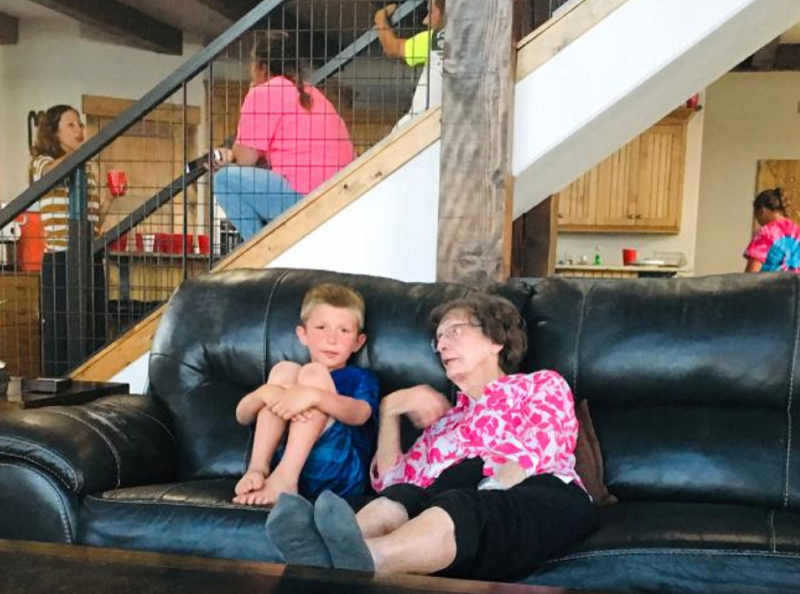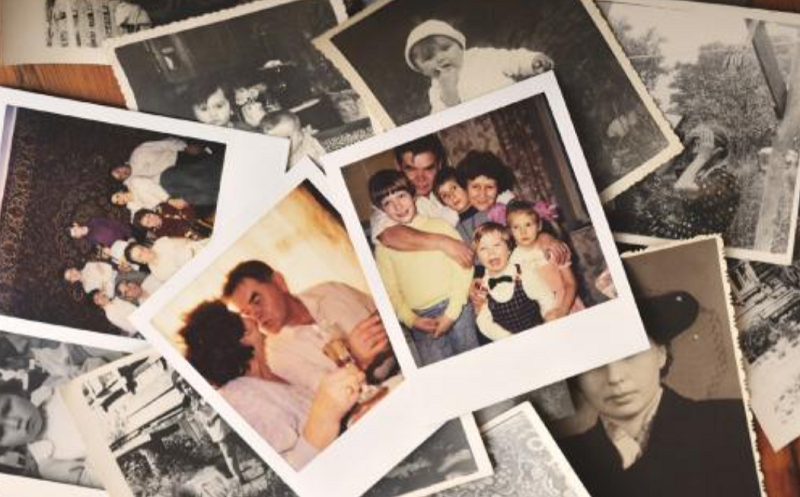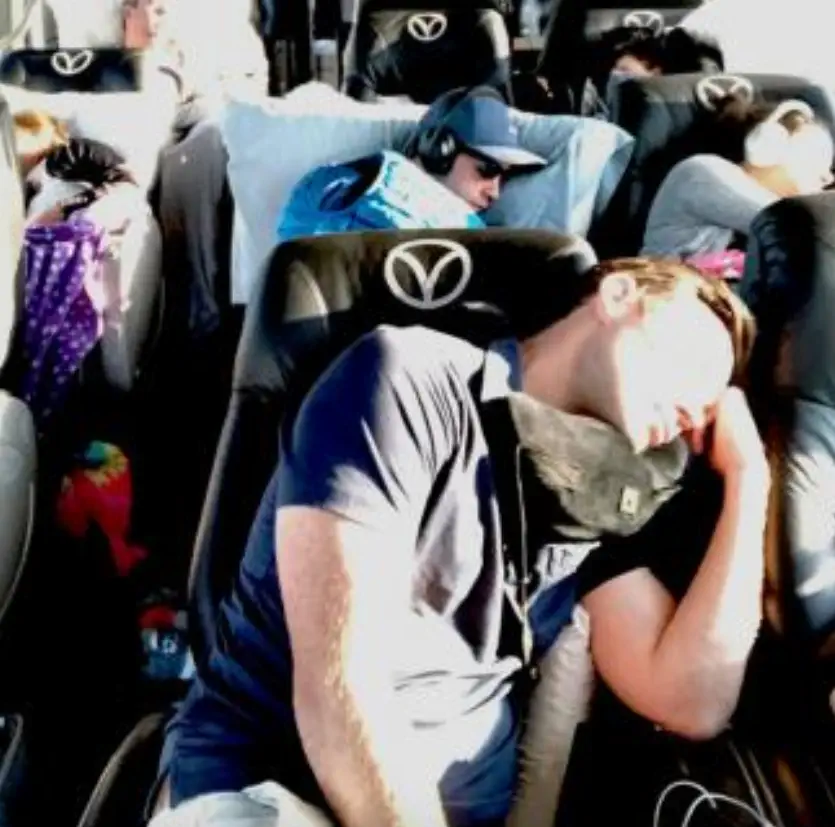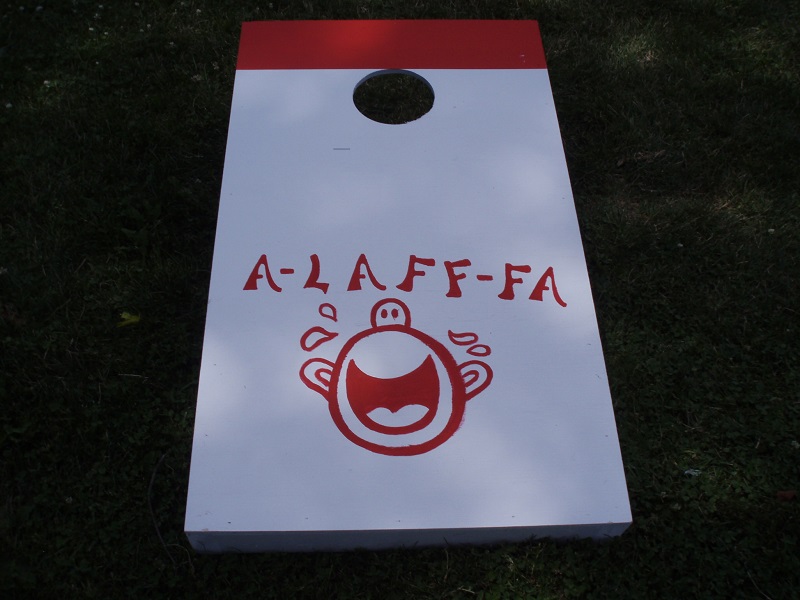The First Dilemma For Discussion
This question came from Tyrone P. Dumas of the McNair Brazil Scott Family Reunion whose query is a common one. “What happens with the future of your reunion when your key family members pass on? We are finding it difficult to spark interest in younger family members and especially the issues associated with raising money to get started. Now that I have had health challenges, it has been hard to gather momentum. I believe when we start again, interest will be rekindled but $$$ is the barrier so far.”
Raising money for reunion
It should be noted that in the past, Tyrone had been very successful at raising seed money for his family reunion from sponsors, corporations and foundations. So much so that after we featured his successes in the magazine, many other reunions tried to raise money for sponsorship as well. While that might have worked 25 years ago, the possibility now is so remote that getting your hopes up and spending the time and energy is rarely worth it.

I have not heard of any reunion receiving any contributions from outside their family in a long time. Tyrone’s success many years ago was the envy of many reunions but rarely, if ever, did others succeed in raising money this way. Others have more recently tried crowdfunding but last I looked, even that was not very fruitful. I think you just need to rely on your own members. Consider a graduated payment schedule where members donate small amounts over a period of time until you have what you need. Perhaps cutting down on costly events should be considered as well. If you’ve not met for a while, make meeting/gathering the highlight without a lot of frills. Then, build it back up over time.
Tyrone’s query is a common one. He is by no means the only one wondering the same thing. In fact, we’ve gotten information recently from reunions where no kids are present and the planners say it’s because kids are not interested. I say: what did you do to interest them?
Young people do not want to come to the reunion
The common question used to be why don’t the young people come to the family reunion? I’d suggest asking young people what would make them want to come to the reunion. Including things young people like to do would yield greater attendance, but planners (usually older folks) seemed surprised by these suggestions. Like what elder ever thought that scheduling an outing to a roller-skating rink would attract kids or a trip to an amusement park or the zoo. Not surprisingly, when they tried it, it worked!
By holding consistent reunions where kids grow up coming to reunions, eventually, those kids will realize they need to take some responsibility OR their parents/grandparents can “volunteer” them to start taking that responsibility at an early age. Including teenagers and young adults on planning, committees engenders interest and ultimately responsibility for making the reunion happen.
Listen to WeBuildLegacy’s FREE Virtual Family Reunion Planning and Legacy Building Workshop with live questions and answers from reunion planners. My experience is that there’ve always been young reunion members who are trying to learn about taking over reunion planning! Register in advance to get call-in info [email protected]
The second dilemma for discussion
How to accommodate aging members at reunions who are suffering from dementia.
Marilynn Stewart recently lamented that she’s dealing with her 90-year-old parents, both with dementia, and it is tough. She is wondering how to accommodate and make reunions meaningful for aging parents. She said “I don’t know all the answers, but my experiences of what works and doesn’t work are mounting. For example, instead of overwhelming the elders with large groups where it might be hard to hear or is too chaotic, plan some one-on-one time.

Also, instead of planning your reunion at a faraway location, find a location close enough that the elderly person can go home and sleep in their own bed. Or plan reunions that are shorter, a day at the park or a BBQ.
Are you or have you needed to accommodate relatives with memory issues? If so, what are/were their problems and how did you deal with it? It’s clear that at some point the reunion may have no meaning to some people but it should be important to everyone in the family to include them as long as possible and for the young members to get to know them as well.
Marilynn Stewart’s mother, Darleen, talking with her seven-year-old great grandson, Ryder, at a recent reunion. Marilynn says, “It’s when I realized that a one-on-one visit was more valuable for my mom than the craziness of a big crowd. The day after the picture was taken, we had to take mom home — it was just too much for her.





